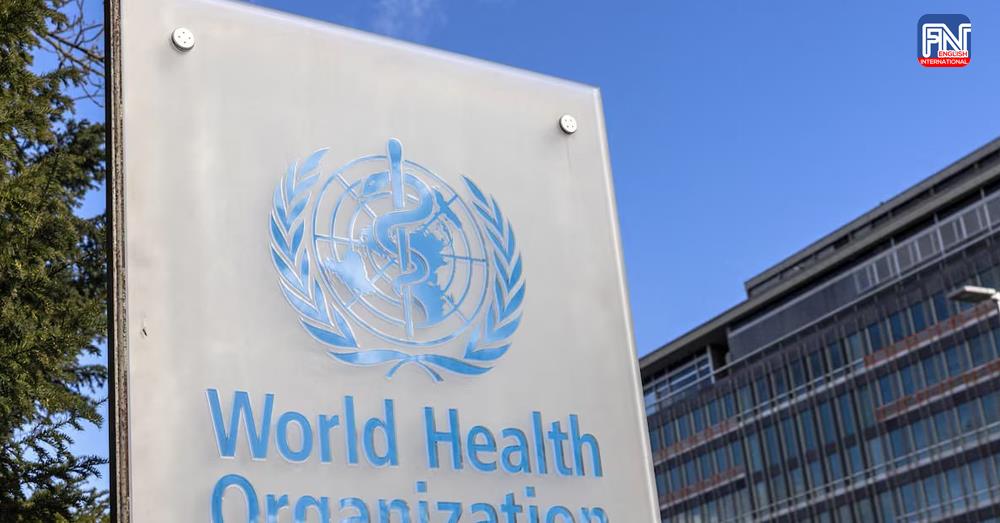GENEVA, Sept 13 (Reuters) - The World Health Organization and partners on Friday set up a scheme to help bring mpox vaccines, tests and treatments to the most vulnerable people in the world’s poorest countries, similar to efforts during the COVID-19 pandemic, after earlier approving the first shot for the fast-spreading disease.
Both steps should make it easier for badly-hit African countries to access the vaccine, as a new type of the mpox virus spreads from the Democratic Republic of Congo to its neighbours. The WHO has declared the outbreak a global public health emergency.
“Alongside other public health interventions, vaccines, therapeutics and diagnostics are powerful tools for bringing the mpox outbreaks in Africa under control,” said WHO Director-General Tedros Adhanom Ghebreyesus.
He said COVID-19 had shown the need for international collaboration to make access fairer. During the pandemic, many low-income countries were left behind in the global scramble for medical resources, particularly vaccines.
European countries, the United States and Japan have already pledged to donate 3.6 million doses of the two main vaccines used against mpox, the WHO said on Friday. Vaccinations are due to start from Oct. 2 with the first tranches of donations.
The WHO urged more countries to donate shots that were originally developed and stockpiled by rich nations for smallpox, and said it would work with affected countries to get them to the people at highest risk.
Earlier on Friday, the WHO said it had approved Bavarian Nordic's (BAVA.CO), opens new tab vaccine, known as Jynneos in the United States. It is also considering LC16, made by the Japanese manufacturer KM Biologics.
The approval, known as prequalification, means U.N. agencies can now buy the vaccines as well as help co-ordinate donations. Gavi, the Vaccine Alliance, co-funds vaccine purchases for low-income countries in this way and has up to $500 million to spend on mpox.
